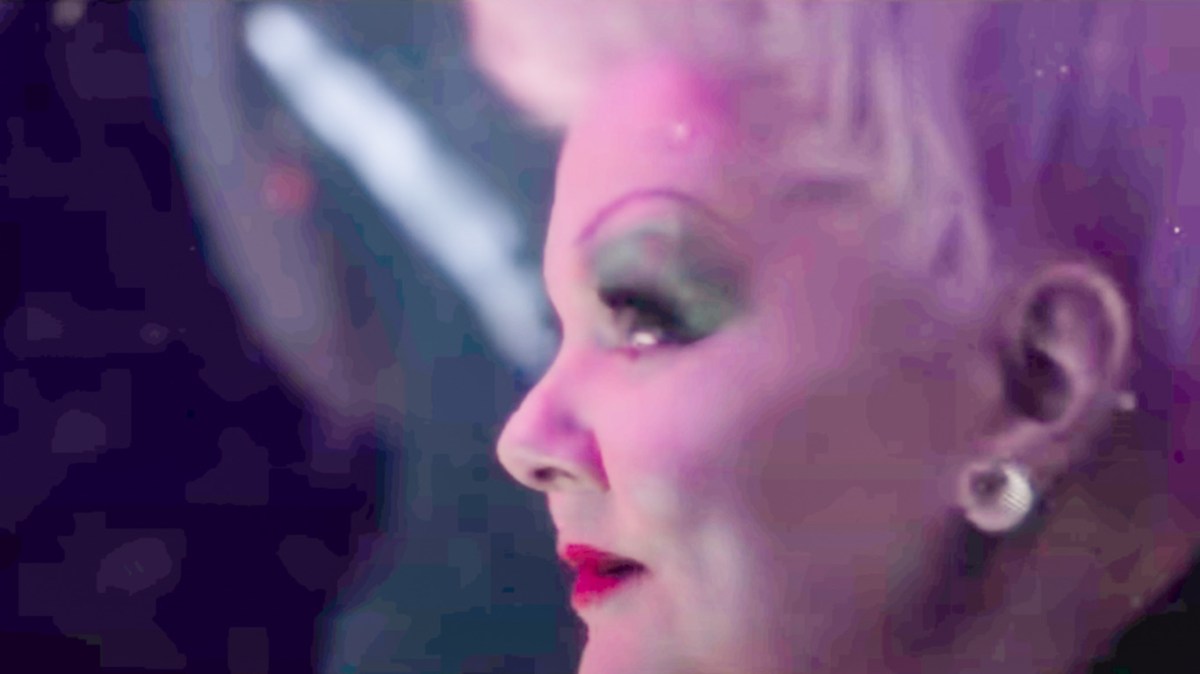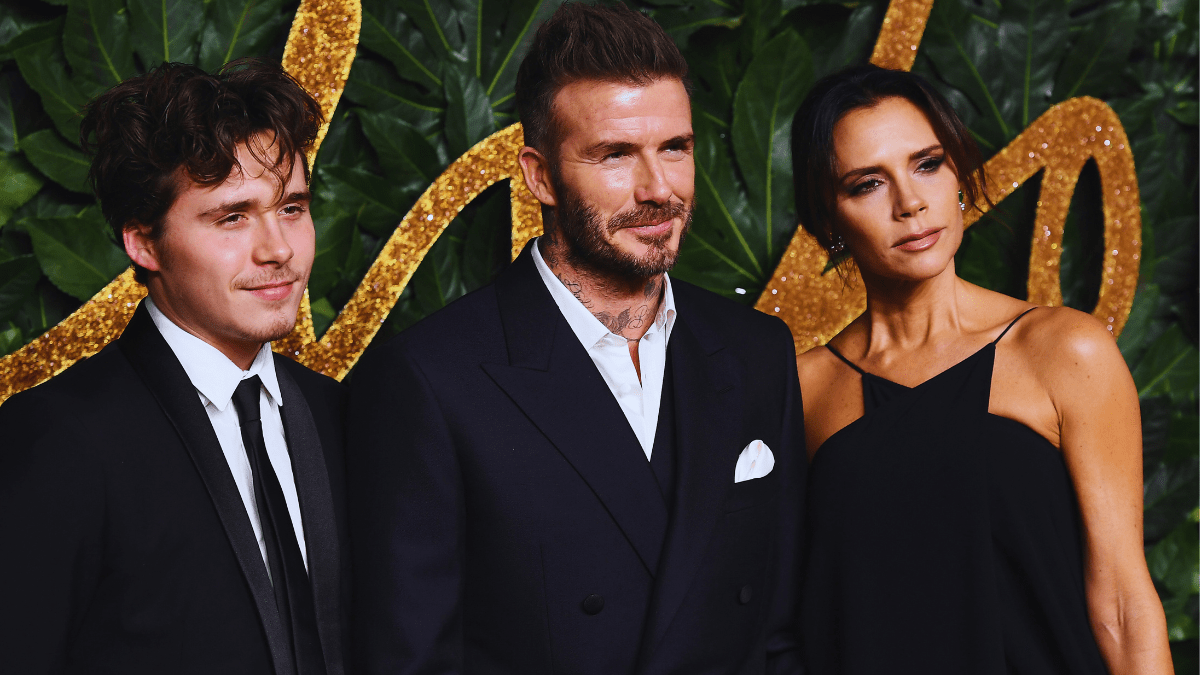We understand the problems with live action remakes of animated classics. Plenty of Disney’s attempts at them have been poor, and one of the most recent (Peter Pan & Wendy) was frankly average at best. So, fans have every right to feel some trepidation about The Little Mermaid, even though there are already some positive reviews. But, as is always the case when there’s a change made to bolster representation in films or television, plenty of people were complaining about the “realism” of non-white Halle Bailey as Ariel before a single frame of the film had been released. Yet, these people seem to be quiet when it comes to another important character in the film undergoing a much more radical transformation.
Ursula, the evil sea witch who offers Ariel the chance to be human in an attempt to usurp King Triton’s position as ruler of the oceans, almost immediately became one of Disney’s most iconic villains when the original, animated Little Mermaid was released. Originally modelled on an octopus, for financial reasons she was drawn as a squid (with six tentacles instead of eight), yet for the new adaptation she’s back to her full self. However, there’s yet to be an uproar from the “mermaids can’t be Black” brigade, even though you’d think an entire change of species would be worse than someone’s skin darkening a few shades.
Of course, bigots aren’t exactly known for their brilliant logic. After all, things like racism tend to come from a place of mistrust and confusion rather than anything else, so it makes sense the arguments aren’t exactly the easiest to follow. But that didn’t stop a lot of them from trying to use science, or at least what they think is science, to prove that Ariel being Black was impossible. For a brief period of time, it seemed everybody on Twitter was an expert on the subject of melanin. Never mind that it’s possible to take a boat out to see and see countless animals with darker hues out there or that — and we cannot stress this enough — mermaids are not real creatures.
If we take these concerns about science (or whatever you’d call using limited biological knowledge to argue about a fictional creature) to heart, then really we could argue that Ursula being given the full eight limbs she was always intended means that maybe this version of the film is more accurate. Perhaps Ariel was always intended to be Black?
Interestingly enough, in The Little Mermaid II: Return to the Sea, Ursula doesn’t make an on-screen appearance, but her sister Morgana does, and she has eight tentacles (we’d guess thanks to the financial success of the original, they could swing the extra two limbs). But, in the end, none of this really matters, because they’re all figments of someone’s imagination. Ursula can be a squid or an octopus or any number of other tentacled creatures, and Ariel’s human half can have Black skin. All that matters is whether or not the acting is good, and it seems that for enough people it is. The Little Mermaid might end up being another poor adaptation, but it’s not going to be because Ariel isn’t white.










Published: May 25, 2023 03:56 pm